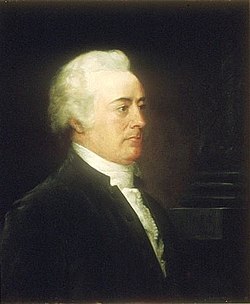March 26, 1776 | ||||||||||||||
| ||||||||||||||
| ||||||||||||||
| Elections in South Carolina |
|---|
 |
The 1776 South Carolina gubernatorial election was held on March 26, 1776, in order to elect the first President of South Carolina. The office would be renamed to Governor in 1778. Candidate and former Attorney General of South Carolina John Rutledge was elected by the South Carolina General Assembly as he ran unopposed. The exact number of votes cast in this election is unknown. [1]
